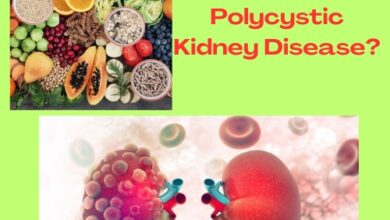SCD Diet – Information and Important Details

What is SCD?
SCD is the short form Specific Carbohydrate Diet. It is a very constricting, unconventional diet plan that severely limits most carbs. It is a group of foods which are grain-free, sugar-free, starch-free, and unprocessed.
Is SCD A Good Idea To Lose Weight?
In ideal cases it is always advised that you take time to lose weight and don’t restrict yourself to any specific diet plan or foods so that you deprive yourself of essential vitamins and nutrients. This is not an ideal diet because it will deprive you of energy and you won’t be able to stay energetic throughout the day.
What Is The Logic Behind SCD Diet?
The diet’s guidelines are based on the fact that not everyone’s digestive tract has evolved to optimally digest complex carbohydrates and other man-made food products like sugar. The main principle of the diet is that carbohydrates are classified by their chemical structure; they are monosaccharide, disaccharide, or polysaccharide. On the diet, only monosaccharide carbohydrates are allowed to be eaten as all others require extra digestion steps to break the chemical bonds down to monosaccharide carbohydrates.
Any food that is not correctly digested causes bacterial and yeast overgrowth when undigested carbohydrates are fed on by bacteria and yeast in the intestinal tract. This starts a chain reaction of excess toxins and acids which cause irritation of the small intestine cells damaging them and causing food absorption issues which only helps to continue the cycle.
How Does SCD Diet Work?
By removing complex carbohydrates, lactose, sucrose and other man-made ingredients from your daily food intake, the body finally gets detoxed and starts healing. As gut flora stages start to soothe, the reduction of irritants from undigested foods, toxins and other man-made ingredients allows inflammation levels to reduce.
In the next post we will list down some foods that you can and cannot take while being on SCD Diet…
By : Natural Health News




